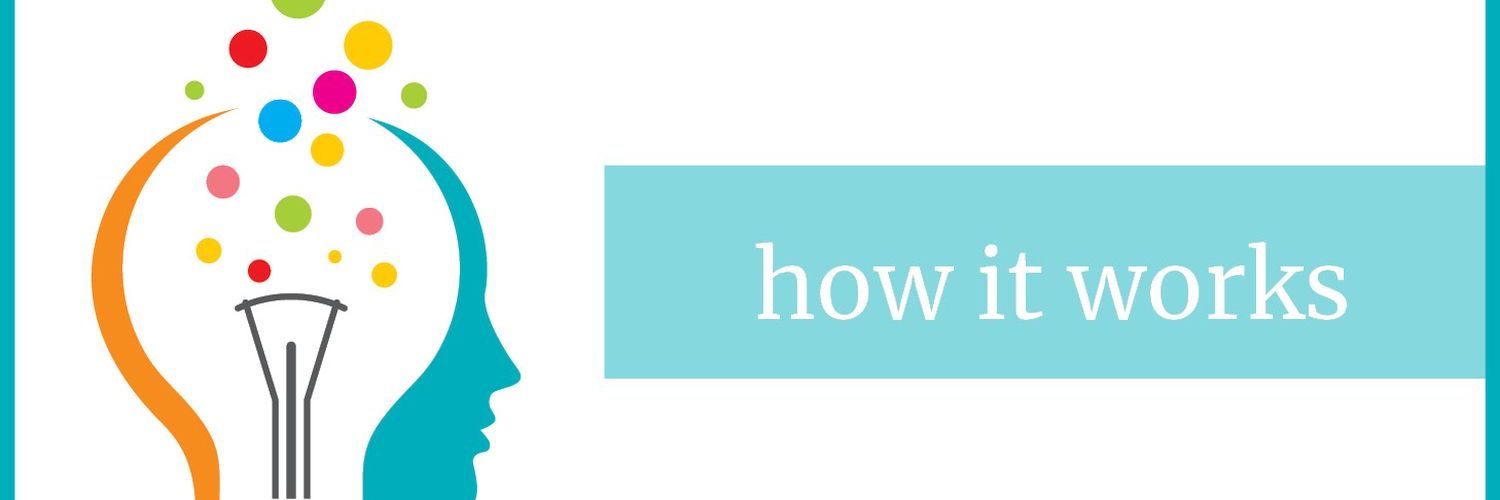The Science of Healthy Behavior Change

Many of us have tried — many times! — to live healthier lives. There is certainly no shortage of programs and approaches.
And yet — most of them just don’t seem to help us maintain our healthy habits over the long haul.
When we designed WellMind+WellBody, we made the decision upfront that our program was going to work. It was going to be based on research into how people actually maintain healthy lifestyles.
It wasn’t going to be rehashed advice from the Internet, or “weird old tricks” that were getting passed around on social media.
Here’s what our research uncovered as we investigated the keys to successful healthy lifestyle programs:
A balanced approach to health that addresses food, physical activity, sleep and stress: Good health is always about more than the number on the scale. Effective programs recognize this, and incorporate all of these essential elements of wellbeing.
At least six months of individualized coaching: Most people benefit dramatically when they partner with a health coach to adopt a healthier lifestyle vs trying to do it by themselves or without individualized assistance.
Self-monitoring of sleep, stress, food, activity and/or weight: Tools like the Wellness Educators health portal make it easy to track key indicators. Research has shown that tracking this information yourself is valuable because it gives you quick feedback on progress and helps you identify areas to focus on next.
Cognitive-behavioral methods: These practical skills and techniques give you new approaches to dealing with hunger, food cravings, physical activity, and more. They help train your brain as an ally on your journey to a life of health and wellbeing. And they help defuse negative thinking, which can derail even the most determined among us!
Goal setting strategies: Setting huge goals that are impossible to reach is easy, right? We’ve all done that! However, breaking a big goal down into achievable smaller successes is both an art and a science. Good programs teach you how to do this with confidence.
Stress reduction strategies: Lack of knowledge often isn’t the problem. Many of us really do know how to eat for health. And we understand the importance of physical activity. What derails us over and over is stress — job stress and family stress. Successful programs share new ways of managing stress that put you back in charge.
Habit change strategies: Scientists know a lot about to help people make successful, lasting changes to their habits and routines. Good healthy lifestyle programs incorporate this science to set their participants up for success.
Emotional eating, hunger and food craving strategies: Many people face these challenges as they focus on maintaining a healthy lifestyle. If you recognize this patterns in your life, make sure the program you choose incorporates strategies which target these behaviors.
Problem-solving tools: Job stress. Pressure to “have another serving.” Picky eaters. Cold weather. Ill family members. The list of things that can derail a healthy lifestyle seems endless — unless you’ve got a bag of proven tips, methods and techniques that help you solve these problems.
Relapse prevention: That’s the scientific term for what the rest of us call back-sliding. It’s when real life disrupts your normally healthy lifestyle. There are specific things you can do to prevent this — and to recover from it and get back on track. Realistic programs will help you build skills that protect against backsliding — and empower you to get back on track if it happens anyway, without beating yourself up.
These are the principles we’ve built into the WellMind+WellBody program, and they’re the principles you should insist on as you look for the program that’s right for you.